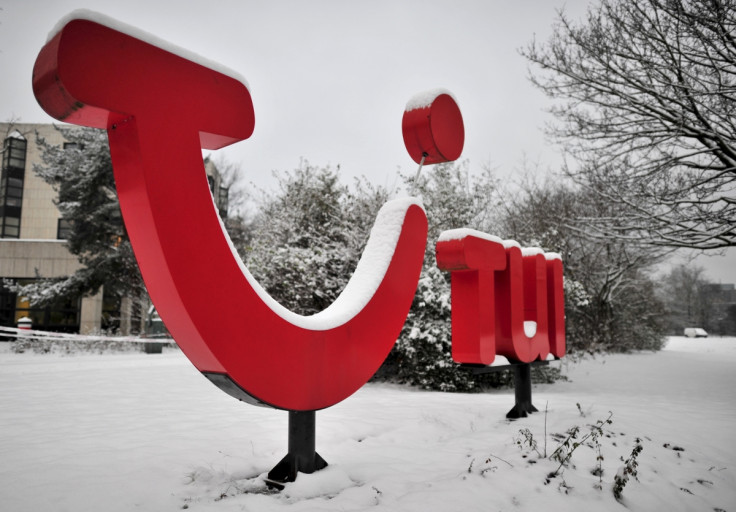TUI posts better-than-expected sales despite global terror threats

Travel company TUI has beaten expectations in its first quarter despite global terrorism threats that have caused uncertainty for the tourism sector. The company reported on 9 February that its sales were ahead of analysts' forecasts in the three months to 31 December 2015.
The tourism group gianthiked first-quarter sales by 5.4% to €3.7bn (£2.9bn, $4.1bn), against market expectations of €3.68bn. TUI also kept its full-year guidance, confident that it will be able to perform well despite the global challenges.
"We have delivered a good underlying performance in Q1 in spite of the backdrop of geopolitical-turbulence in some of our destinations, with a 7.2 % improvement in underlying EBITA (earnings before interest, taxes, and amortization)," Friedrich Joussen, the chief executive of the German travel company, said in a statement. "Northern Region and Riu have performed particularly well, and we remain pleased with demand and yield performance."
Joussen added that the company is "on track" with the disposal of its Hotelbeds business. TUI confirmed in late December that it is selling the division in an effort to streamline the company. The Hotelbeds disposal is expected to raise around €1bn for TUI.
Global threats
TUI said that booking sales for Turkey holidays for the summer of 2016 are down 40% because of "global turbulence" in the region. On the other hand, customers opted for alternative destinations such as Spain and Greece, which are more profitable, the company said. TUI also told shareholders that it is taking actions to mitigate the shift away from Turkey.
After terrorism attacks such as those in Tunisia and Paris in 2015, tourism sensitive stocks have been battered. TUI rival EasyJet said that in the last two months of the year, sales declined with "high single digits" on the back of global attacks.
Both companies remain upbeat about the future, however. TUI said that the positive results in the first quarter "demonstrates the resilience of [the] integrated model, which has helped to absorb the impact of geopolitical unrest and the challenges we sometimes face in specific source markets and destinations".
More about travel business
© Copyright IBTimes 2025. All rights reserved.






















